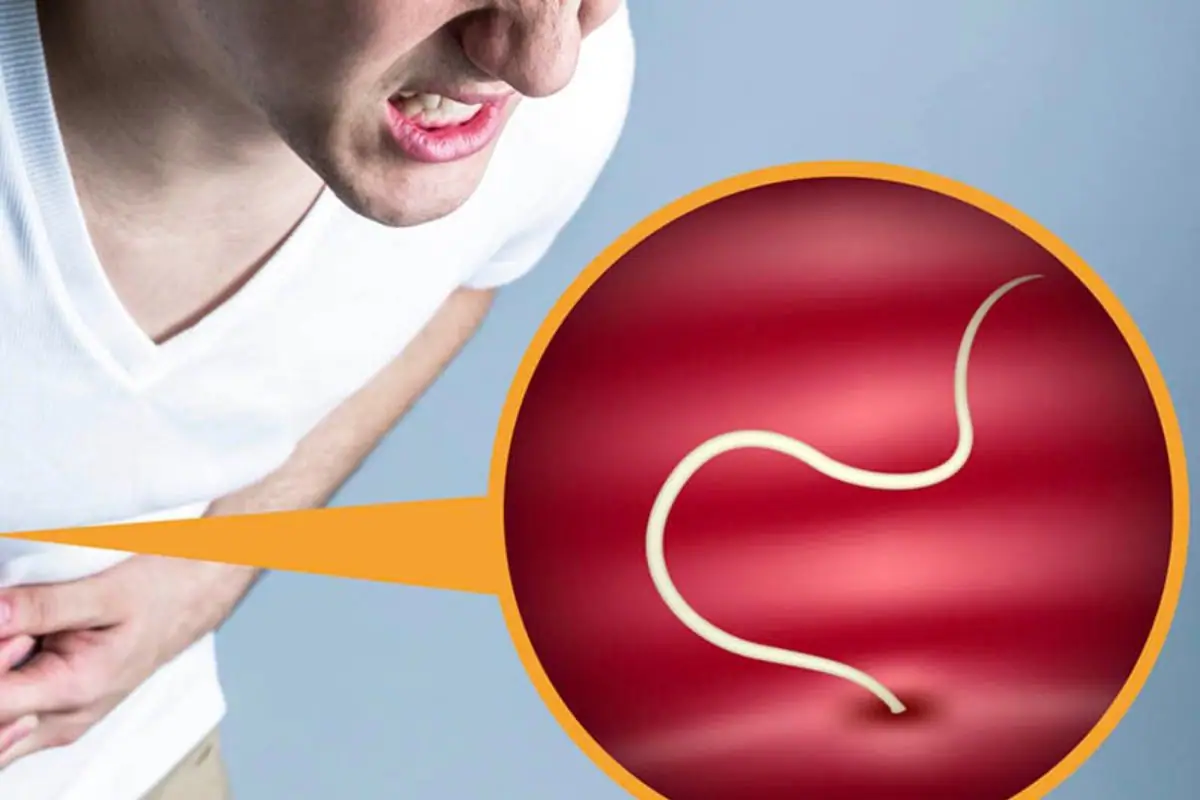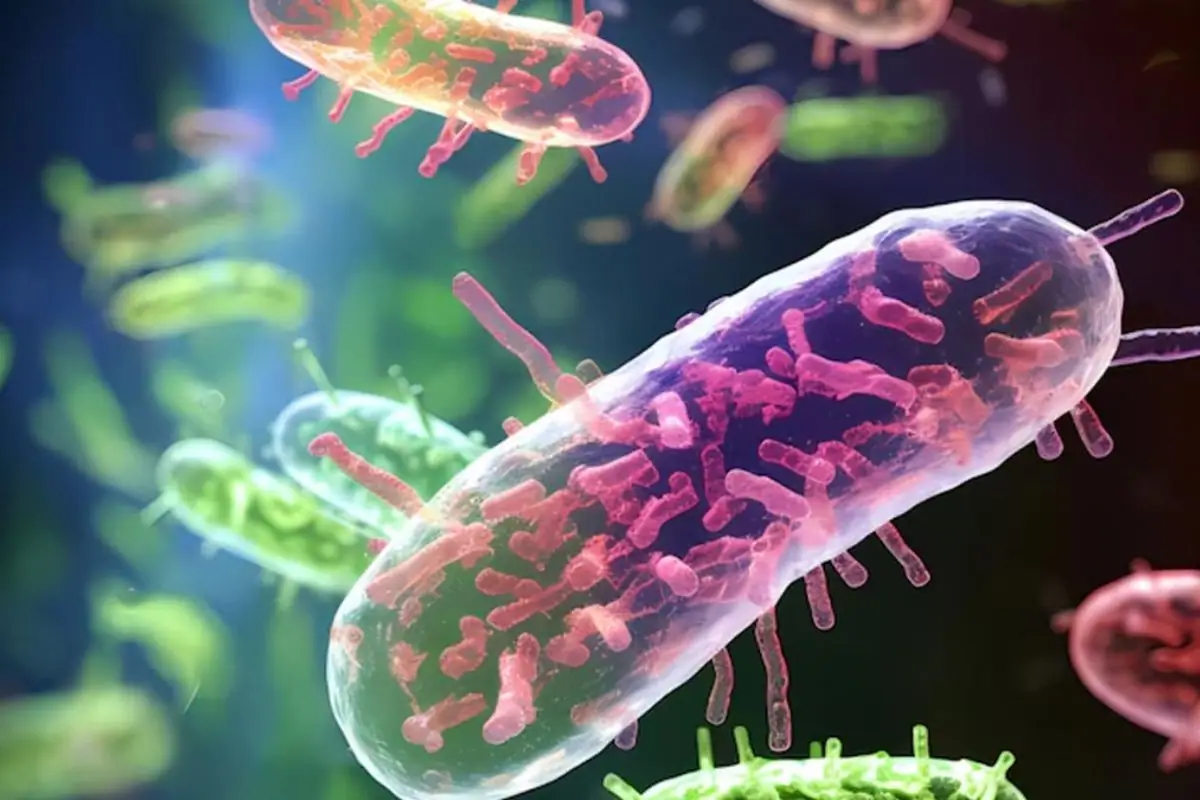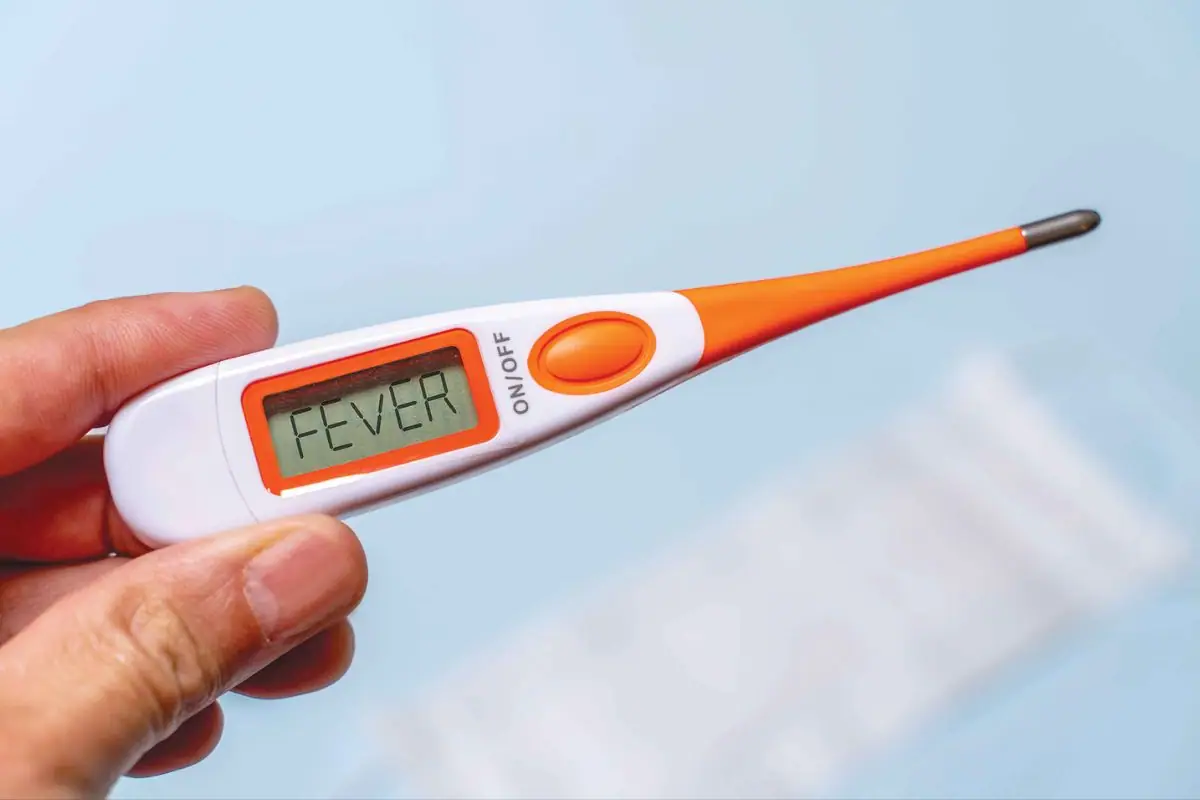Advertisement
What Are The Causes & Symptoms Of Foodborne Illness?
Advertisement
Foodborne illness, commonly known as food poisoning, arises from consuming contaminated or toxic food. The Centers for Disease Control and Prevention (CDC) estimate that each year in the United States, 48 million people suffer from foodborne illnesses, leading to 128,000 hospitalizations and 3,000 deaths. Various contaminants can lead to these illnesses, and the symptoms can be just as varied. Understanding the causes and symptoms of foodborne illness is essential for identifying potential cases and taking preventive measures to ensure food safety.
Parasitic Infections
Foodborne illnesses from parasites are less common than those caused by bacteria or viruses. Parasitic food poisoning typically occurs after consuming food tainted with animal fecal matter, such as from cats or dogs, or from eating undercooked meat. One specific parasite, Toxoplasma gondii, leads to an infection known as toxoplasmosis. This parasite is prevalent in cat feces and undercooked meat. Often, toxoplasmosis may not show any symptoms, but it poses significant risks to pregnant women and individuals with weakened immune systems. It can lead to severe birth defects, so pregnant women are advised to steer clear of cat feces.

Advertisement
Dehydration
Dehydration is a frequent complication of foodborne illnesses, particularly when symptoms include vomiting, diarrhea, and excessive sweating. Severe dehydration might require hospitalization for intravenous fluids to prevent further health complications. It's crucial to stay hydrated by drinking plenty of fluids, especially when experiencing any form of gastrointestinal upset.

Advertisement
Loss of Appetite
This symptom is expected for anyone who has suffered from nausea, vomiting, diarrhea, and other signs of foodborne illness. It's common to lose your appetite after consuming contaminated food. However, it's crucial to stay hydrated. If drinking leads to further vomiting and diarrhea, it indicates that your body is still flushing out toxins. Continue to drink fluids to aid this process.
Advertisement
Bacterial Contamination
Bacteria are a major culprit in cases of food poisoning. Common offenders include Salmonella, Listeria, and E. coli. The CDC reports that Salmonella alone infects about one million Americans annually, resulting in 19,000 hospitalizations and 380 deaths. Bacterial food poisoning happens when someone eats foods that cause problems, such as meat that isn't fresh or fully cooked, vegetables that haven't been washed well and have dirt with animal waste on them, and dairy products like soft cheese that haven't been pasteurized.
Advertisement
Viral Infections
Viruses are also significant contributors to foodborne illnesses, with norovirus being the most common cause in the United States. This virus is responsible for 58% of all foodborne illnesses annually, infecting an estimated 19 million people, hospitalizing up to 71,000, and causing 800 deaths each year. Norovirus spreads through direct contact with infected individuals or through contaminated food and surfaces. Symptoms include vomiting and diarrhea and usually resolve within 12-48 hours. Other notable viruses that cause foodborne illness include sapovirus, rotavirus, astrovirus, and hepatitis A.

Advertisement
Fever
Fever is a common response to infection, including foodborne illnesses, as the body attempts to fight off the invading pathogens. A significant fever can often accompany food poisoning, indicating that the immune system is actively working to eliminate the infection. If you experience a high fever along with other symptoms of food poisoning, it's advisable to seek medical attention, as this could indicate a severe infection.

Advertisement
Headaches
Headaches are another symptom that can occur with foodborne illnesses, often resulting from dehydration caused by vomiting and diarrhea. Additionally, the stress of the body fighting off an infection can trigger tension headaches. Keeping hydrated and resting can help alleviate headache symptoms, but persistent or severe headaches might require medical evaluation to ensure there are no other underlying causes.

Advertisement
Vomiting
Vomiting is a typical response when you have a stomach bug, as it's the body's way of dealing with an irritated digestive system. It serves as a protective mechanism to expel harmful substances, like bacteria or viruses, from something you've eaten. If you find yourself vomiting for any reason, it’s important to drink plenty of water to replenish the fluids and electrolytes you've lost.

Advertisement
Fatigue
Experiencing fatigue is common with foodborne illnesses as the body expends energy fighting the infection. Fatigue can be pronounced and may persist even after other symptoms have subsided, reflecting the significant toll the illness can take on one's overall health. Adequate rest, hydration, and a gradual return to normal activities are crucial during recovery.

Advertisement
Abdominal Cramps
Abdominal cramps are a hallmark symptom of many foodborne illnesses, caused by irritation and inflammation of the stomach and intestines as the body tries to rid itself of harmful microbes. These cramps can range from mild to severe and are often accompanied by bloating and discomfort. Over-the-counter medications may help alleviate the pain, but it's important to consult with a healthcare provider if the cramps are severe or do not improve with basic home care.

.png)




